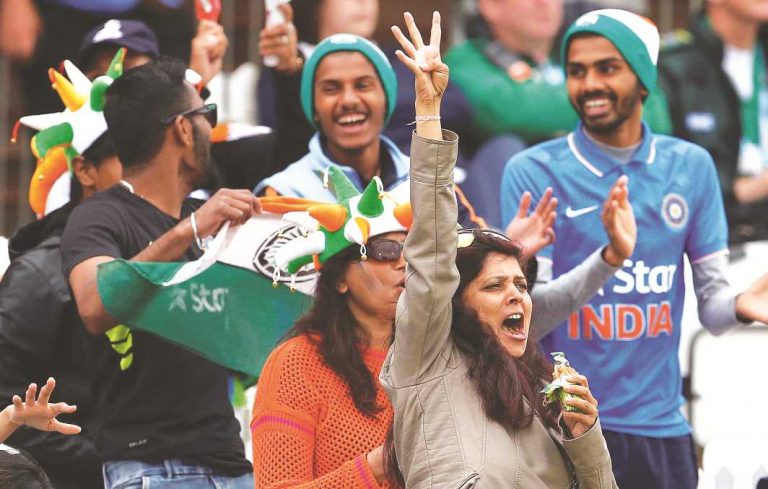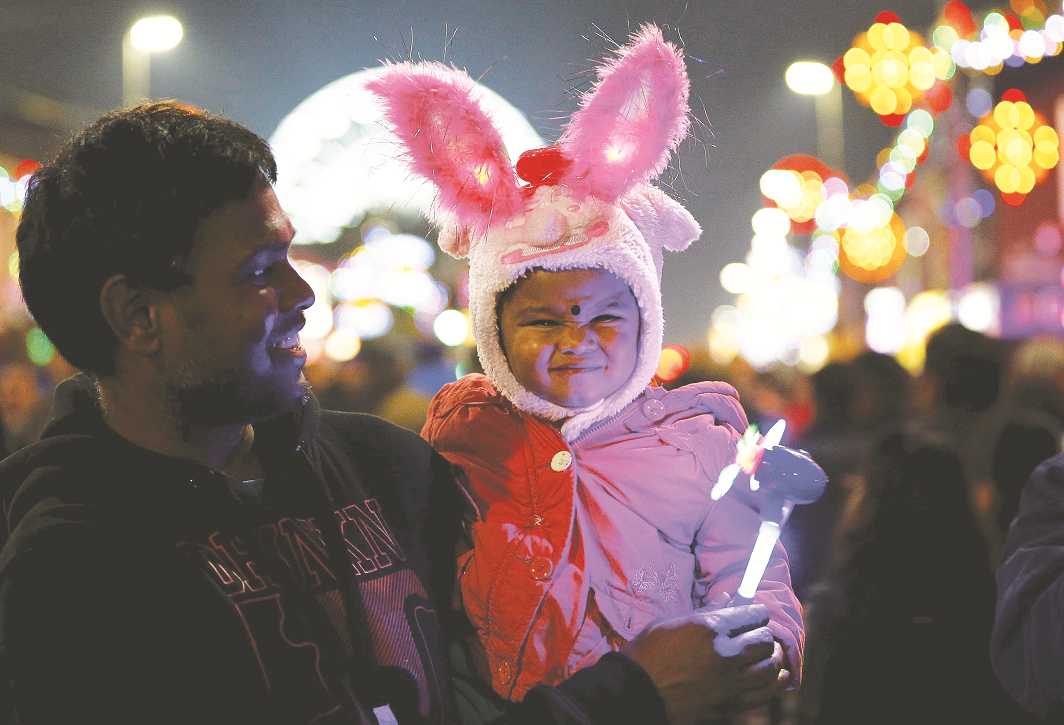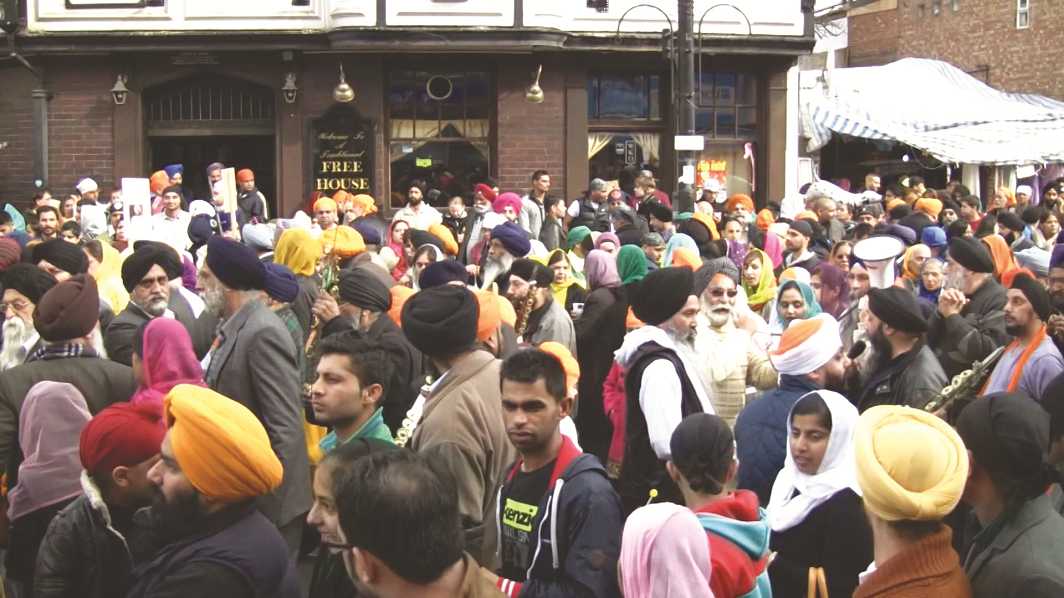
NRIs here are concerned about how the proxy vote system will be implemented and whether it will be open to abuse
~By Sajeda Momin in London
The cabinet’s decision to allow “proxy” voting for NRIs in future elections has created very little excitement among those living in the UK. While they appreciate that they are now being given the opportunity to participate in the democratic process back home, they are not confident of the implementation, particularly the fact that it is to be done by a “proxy” which is open to abuse.
“Although I welcome the decision and it is a step in the right direction as it allows Indians living abroad to exercise their franchise, I am concerned that proxy voting does not give confidence that the vote will be cast as it was intended. Maybe a postal vote or voting at the consulate could give voters some assurance that their vote has actually been cast properly,” said Jasbir Parmar, Director, National Asian Business Association. The fear is that the family member who has been given the proxy right will vote according to his/her political preference rather than the voter’s.
Though the UK has one of the oldest and most politically influential Indian diasporas in the world—now into the third and fourth generation with a record number of 12 Indian-origin Members elected to the UK parliament in 2017—the majority hold a British nationality and therefore, are not eligible to vote in India.

According to the last census of 2011, the UK recorded 1.4 million people of Indian origin in a total population of about 63 million. Of these, as of 2015, there are only around 3 lakh who are still Indian nationals and can be considered NRIs.
Had India allowed dual nationality, then the numbers may have been different. Most migrants to the UK give up their Indian nationality and become British nationals as soon as they can to avail the benefits of living and working in Britain and move around the world with ease. However, some take up the Overseas Citizenship of India (OCI) certificate so they can avoid visa hassles for their trips to India.
While the OCI gives people the right to come and go from India, it doesn’t allow them political or voting rights. This is a bugbear for a few, particularly those who are supporters of the current Indian government, who would like to influence politics in their erstwhile homeland.
“I think a good majority of Indian diaspora here have an OCI and thus, should have an entitlement to vote and decide who should lead the country,” said Dr Rajeev Gupta, Chairman of International Business Federation.

The demonetisation experiment by the BJP government in November last year or “currency change” as it is called here, has left many of the Indian diaspora with a bad taste in the mouth. Until then, most British nationals of Indian origin considered themselves NRIs. But during demonetisation, the Indian government classified only those holding Indian passports as NRIs.
“Demonetisation has left many OCI holders totally frustrated, particularly many elderly pensioners living abroad who are now stuck with worthless wads of Rs 500 or Rs 1,000 notes, none of it black money, which they could not convert or hand over to a bank. They gave the facility to Indian nationals but not OCIs, making them feel discriminated against,” explained Buddhdev Pandya, MBE (Member of the British Empire) and publisher of Gujarat Times UK.
The majority of young, Indian-origin Britons are not in the least interested in what is happening in Indian politics. They consider themselves British. “Moreover, they don’t feel they have the right to interfere in the running of a country where they don’t live or pay taxes, and hence, do not want the right to vote in India” explained Pandya.

